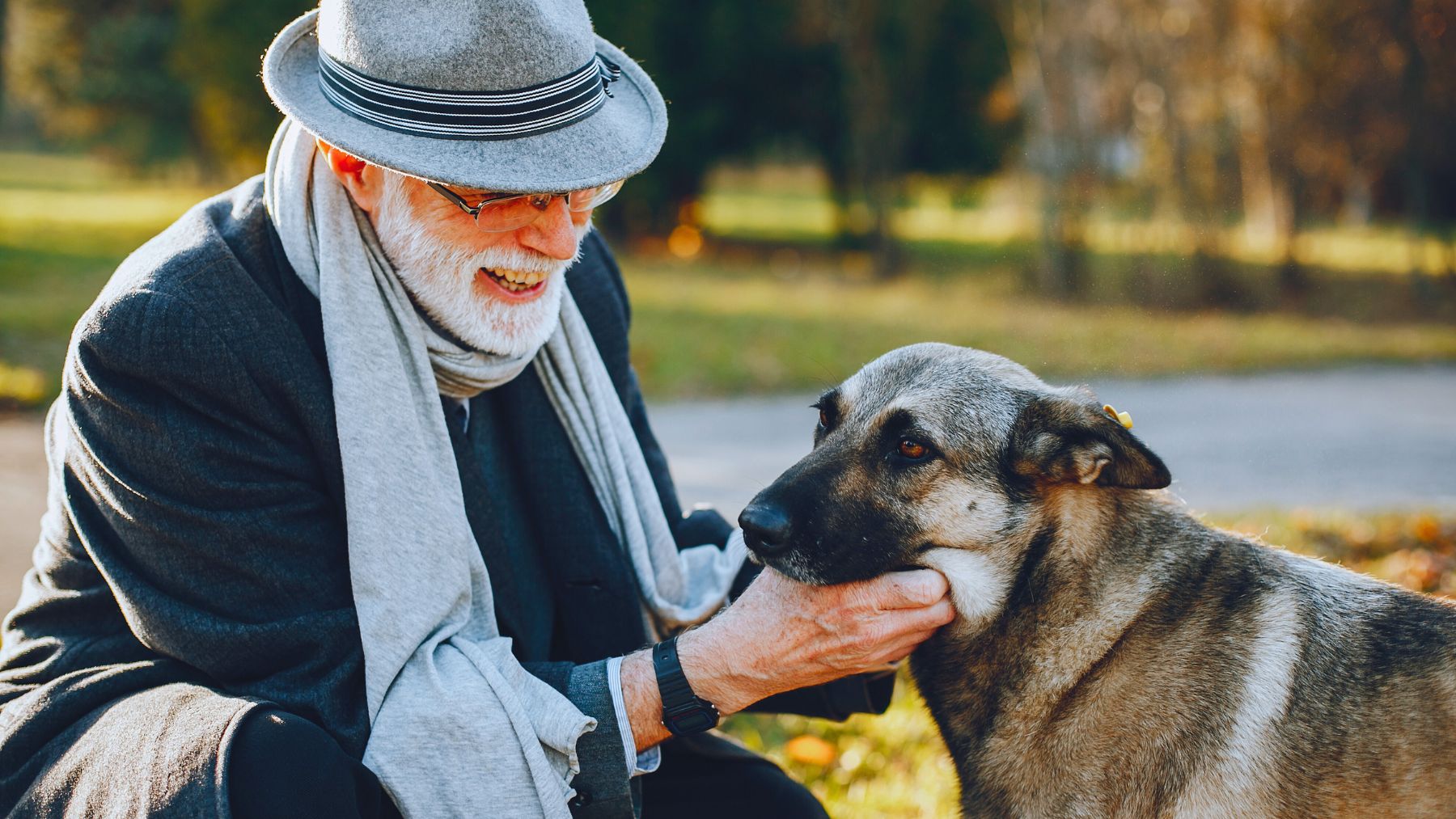Taking walks and having hobbies are great ways to stay active and engaged in later life. But when it comes to preventing isolation after 65, the National Institute on Aging highlights another great option—one that has nothing to do with fitness or crafts.
If it’s possible, the NIA suggests that older adults consider getting a pet. The benefits go beyond companionship. A pet can add routine, provide comfort, and even reduce the sense of loneliness that can grow with age. Here, we’ll look at why pets can help with social isolation during the retirement years and what to consider before making that decision.
How can a pet help fight isolation for seniors?
Social isolation has been linked to higher risks of depression, heart disease, and cognitive decline. The NIA emphasizes that older adults need meaningful connections to fight it, not just occasional contact. For some, especially those living alone or with limited mobility, a pet can fill that gap.
Caring for an animal adds structure to your day. Feeding, walking, or simply spending time with a pet gives you a reason to get up, stay active, and maintain a sense of responsibility. Pets also offer nonjudgmental companionship. That steady presence can ease anxiety and provide emotional support, especially during stressful times or after a major life change like retirement or the loss of a partner.
Pets may also encourage more social interaction, for example, when chatting with neighbors while walking a dog or sharing the quirkiness of your cat with another cat owner. Of course, a pet is not a substitute for family or community, but it can be a steady, comforting presence for older folks, especially those who feel cut off from others.
When a pet makes sense, and how to make the decision
Adopting a pet is a big decision, especially later in life. It’s important to be realistic and responsible about what you can handle. Here are a few points to think through before bringing an animal into your life:
- Health and mobility: Can you manage walks, feeding, and grooming? If not, a low-maintenance pet like a bird may be a better fit.
- Living situation: Are pets allowed in your building or community? Do you have the space and conditions to care for one comfortably?
- Financial impact: Food, vet visits, and emergency care all add up. Make sure your budget can support a pet over time.
- Support system: If something unexpected happens, do you have someone who can step in and care for the pet if needed?
- Your routine: Are you often away, or do you prefer to travel? Pets need consistency. Check if you’ll be able and willing to adjust your schedule.
Choosing to adopt a pet is a very personal decision. It’s not right for everyone, but when the match is good, the benefits can be beneficial. A pet can bring structure, comfort, and connection, all of which can help reduce the risk of isolation.
If having a pet isn’t for you, there are other options, like walking groups, hobby circles, or volunteering. But for some older adults, the quiet bond with an animal may be exactly the kind of companionship they need.

